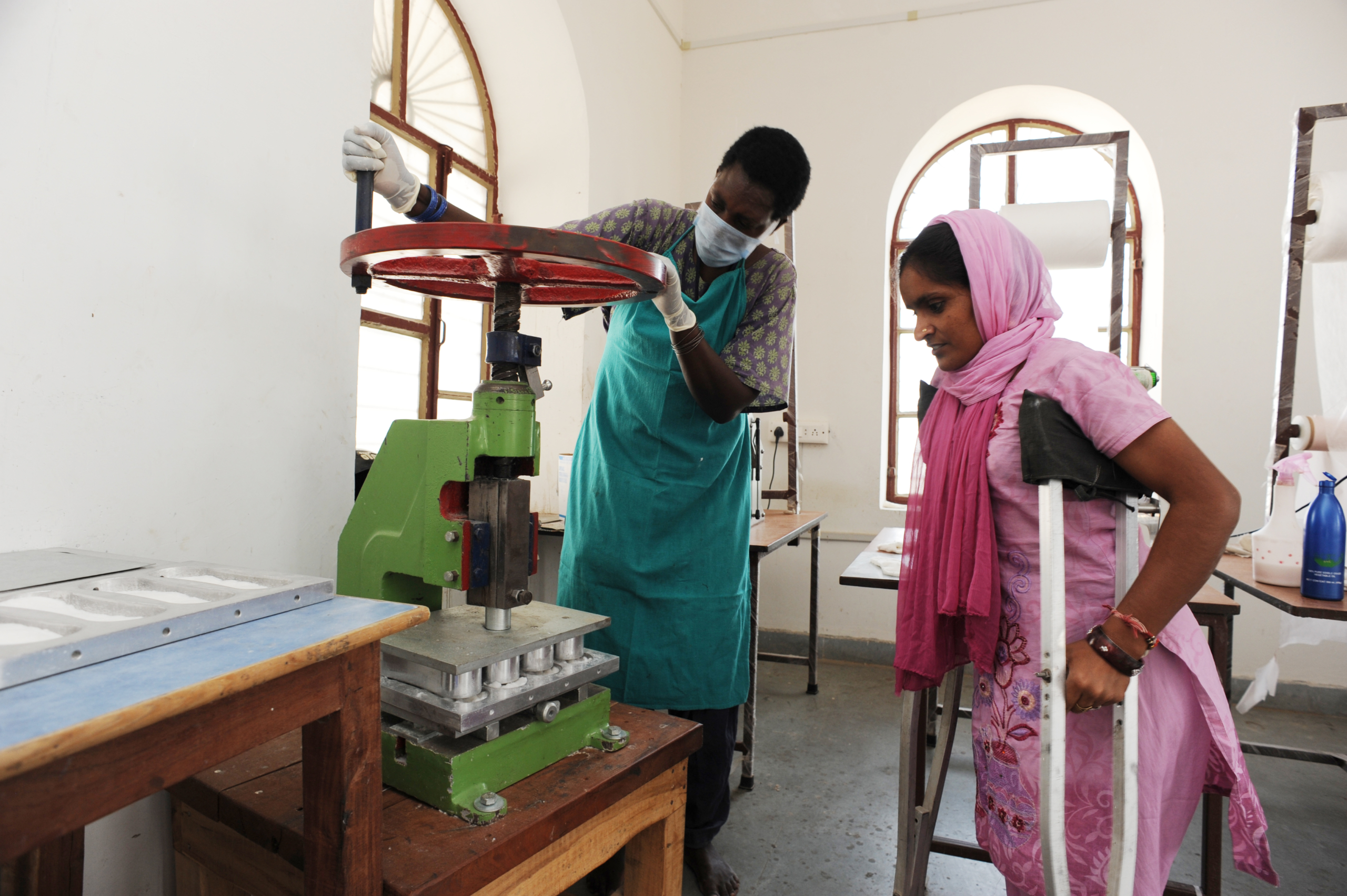Spreading Awareness: Movies About Period Poverty
 According to Action Aid, more than 500 million women and girls across the globe face period poverty. This condition is defined as a lack of access to safe, hygienic menstrual products, inadequate sanitation facilities and difficulties accessing proper waste management. Period poverty is driven by various factors, such as the expense of sanitary products and long-standing taboos and stigmas associated with menstruation. However, awareness about period poverty is gradually spreading globally and one impactful method contributing to this awareness is movies about period poverty
According to Action Aid, more than 500 million women and girls across the globe face period poverty. This condition is defined as a lack of access to safe, hygienic menstrual products, inadequate sanitation facilities and difficulties accessing proper waste management. Period poverty is driven by various factors, such as the expense of sanitary products and long-standing taboos and stigmas associated with menstruation. However, awareness about period poverty is gradually spreading globally and one impactful method contributing to this awareness is movies about period poverty
Over the years, films and documentaries have been a key way in which audiences across the globe can gain a deeper understanding of historical, social and political issues, such as poverty. Period poverty is a deeply misunderstood issue and often disregarded in society. However, in the last few years, filmmakers and organizations have begun spotlighting period poverty and spreading necessary awareness on the stigmatized issue. Here are three movies that spread awareness about period poverty.
PadMan
This is a 2018 Bollywood biopic that chronicles the life of Arunachalam Muruganantham. He was an Indian entrepreneur who invented a low-cost, revolutionary sanitary pad machine after becoming aware of the improper sanitary products used by women in India who could not afford expensive manufactured products. Due to taboos, Muruganantham faced challenges recruiting female volunteers for his research. To overcome this, he boldly broke social stigmas by personally wearing the sanitary pads, leading to him being nicknamed “PadMan.”
Since creating the machine, Muruganantha has supplied more than 4,000 machines to women in India. His focus has been on providing these machines to NGOs and female support groups. Bollywood star Akshay Kumar takes on the role of “PadMan” in the film, which documents Muruganantham’s journey in developing the machine and the challenges he encounters. The movie serves more purpose than solely providing entertainment; it brings to light important issues surrounding period poverty and confronts the widespread stigmas surrounding menstruation in India.
Period. End Of Sentence
This is a short documentary that follows a small group of women in the rural Indian village of Kathikher. The idea to make the documentary came from a group of high school students at Oakwood High School in California. They successfully raised more than $55,000 to produce the film and provide the Kathikher community with one of the pad-making machines pioneered by “PadMan.” The documentary highlights the awkwardness and embarrassment that girls and women face when talking about menstruation. It also addresses the widespread lack of knowledge and negative attitudes toward menstruation within entire communities.
Despite these challenges, the documentary presents an uplifting story of women in the village learning to use one of “PadMan’s” pad machines, ultimately creating their own brand of sanitary pads called “Fly.” By making and selling pads, the women in the community are provided with safe and affordable sanitary products. They also become empowered by their employment and ability to earn a living independently. This inspiring documentary won the Academy Award for Best Documentary (Short Subject) at the 2019 Oscars. Since its release, the short has been viewed by almost 27 million people worldwide. This has led to an increased acknowledgment and discussion on menstruation and period poverty issues usually seen as taboo in society.
Pandora’s Box: Lifting the Lid on Menstruation
In 2019, DivaCup CEO Carinne Chambers-Saini developed the concept behind “Pandora’s Box,” a documentary that delves into the issue of period poverty across the globe. The title of the film reflects its objective to expose truths on period poverty and spread awareness of the stigmas, discrimination, misinformation and often abuse that surround menstruation across the world. Led by director Rebecca Snow, the documentary was intentionally made only by women.
This was to ensure the female subjects participating in the film felt safe and comfortable, fostering their willingness to discuss their personal experiences with period poverty. Although period poverty is often more severe in developing countries, “Pandora’s Box” presents the globalized nature of this issue. The documentary shows the challenges faced by women not only in countries like India, Kenya and Uganda but also in more developed nations such as the U.K. and the U.S.
Final Remark
The use of films and documentaries, such as those discussed above, successfully challenges social stigmas and taboos surrounding menstruation. It is an innovative means of encouraging society to expand its understanding of this global issue and to spread awareness about period poverty.
– Lucy Jacks
Photo: Wikimedia Commons
